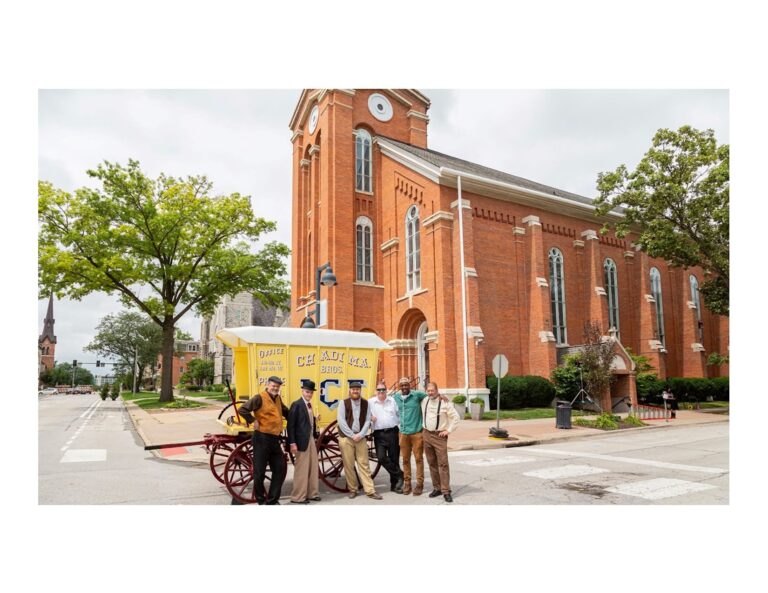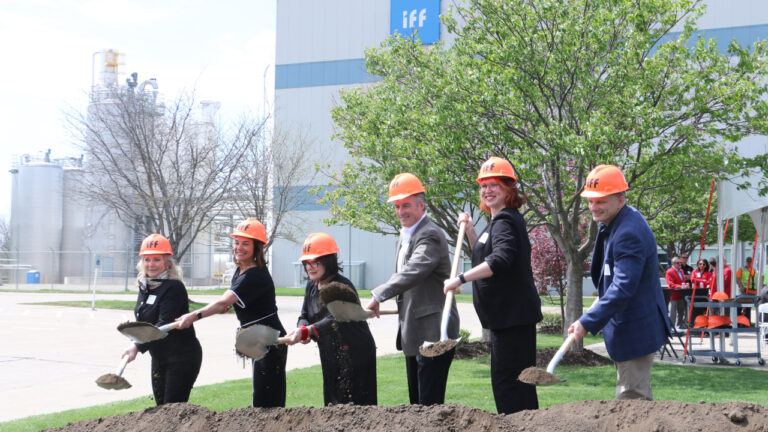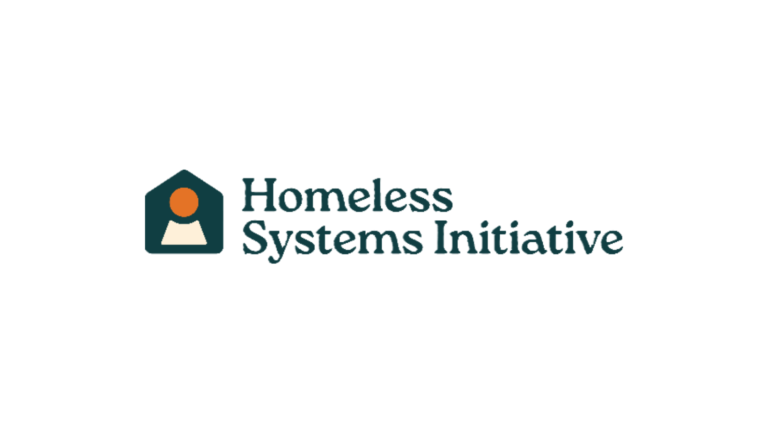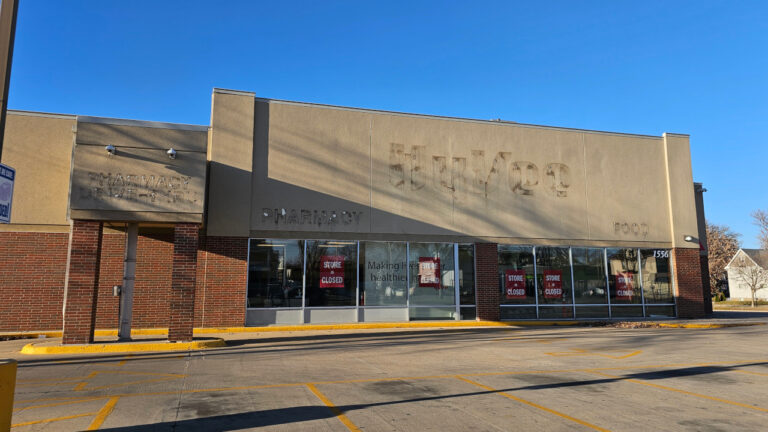Nearly 40% of Iowa’s 3 million people live in a rural area, according to the most recent U.S. Census data. With that comes a variety of oft-reported health care issues, including provider shortages, hospital closures, declining maternity care and difficulty accessing specialty services. But two Iowa employers are bridging some of these gaps — bringing health care to their employees.
Pella-based Vermeer Corporation — a global manufacturer of industrial and agricultural machines — and Sheffield-based Sukup Manufacturing — a family-owned and operated manufacturer of grain storage, drying and handling equipment — have both opened on-site medical clinics, providing primary care and occupational health services to their employees.
The two Iowa companies are among only 16% of employers nationwide with 500 to 4,999 employees providing an on-site medical clinic, according to a national benchmarking survey conducted by The National Association for Workplace Care and Mercer. Another 8% of smaller manufacturers surveyed said they planned to add a general medical clinic, while 44% of U.S. employers with 5,000 or more employees already offered the service.
Vermeer Corp. has operated its own on-site clinic delivering care to approximately 3,700 employees and their families since 2002, while Sukup Manufacturing and Iowa health care provider MercyOne have worked in partnership to operate a clinic since 2018.
Improving employee health and productivity
Dr. Dale Andringa, a Vermeer family shareholder, was the architect behind the on-site clinic and wellness center, Teresa Hovell, benefits manager at Vermeer, said. “He saw a need in line with Vermeer’s core principles, finding a need and filling it, for episodic care.”
Dr. Andringa helped open a small clinic doing things like blood pressure checks for employees, which later expanded to serve their family members as well.
“Today we have a chronic care nurse who does health care coaching and nurse practitioners on site. We serve as a trusted resource, helping patients with their health care questions. We can take on some of the primary care tasks, such as labs and checkups,” Ms. Hovell said.
“We try to take away the barriers people might have to get health care. Start here and we can help guide you. Health care is very complex and knowing where to start is important.”
The clinic saves employees time and frustration, helping them get appropriate care, while saving Vermeer lost productivity when people are off work, she added. The clinic sees 400 to 500 visits per month.
More than 2,000 prescriptions per month are filled at Vermeer’s pharmacy, which opened in 2007. Ms. Hovell said the company is one of the few workplaces to provide an on-site pharmacy outside of a hospital system.
“Our on-site pharmacists take the time to educate and care for team members, ensuring personalized support and guidance for their health needs,” she added.
An on-site chaplaincy also supports employees and families, helping them get appropriate mental and emotional health care and other care as needed.
Making the right health care decisions is not easy for people facing an unfamiliar maze that includes local hospitals, major medical centers and a “plethora of specialists,” Ms. Hovell said. “People just don’t know where to go. Vermeer’s clinic helps employees understand how it all works together. That’s crucial in getting them what they need in the health care system.”
The clinic also addresses the barrier of cost. Individuals on Vermeer’s traditional health insurance plan can access clinic services at no cost, while those on high-deductible plans enjoy lower costs than in the community. Occupational care at Vermeer handles a variety of tasks, from onboarding to management of workplace injuries, Ms. Hovell said.
Sukup Manufacturing employs 600 people, many of whom travel to Sheffield each day from nine surrounding counties, said Samantha Petersburg, project manager overseeing strategic partnerships.
“The company really does look at their employees as family members. It takes very good care of employees —benefits, vacation, pay and flexibility. Policies are designed around employees,” she said.
Ms. Petersburg said the company noticed employees were taking either a half or whole day of vacation to attend a doctor’s appointment. “Nobody wants to use a day of vacation for something like that,” she said. “We’d done some research and we knew what Vermeer was doing. They had talked about their on-site clinic’s success.”
MercyOne provides the health care professionals and expertise, while Sukup Manufacturing provides the space. The clinic has more than 120 encounters per month. Services are provided by four staff members, including two primary care providers, a registered nurse and CNA.
The on-site clinic gives employees a chance to establish care with a health care provider, address potential health issues, get preventive services and complete biometric screenings.
Mental health services are also provided via telecounseling, which helps avoid the stigma some people experience in seeking those services in rural Iowa.
The clinic is open from 7 a.m. to 5 p.m., allowing employees on both first and second shift to utilize its services. In addition, MercyOne Sheffield Family Medicine offers imaging and lab services if employees need additional care.
When workers can’t easily access preventive services or treatment, health problems often go unaddressed until they become more serious, leading to higher medical costs, more time away from work, and added stress at home, Ms. Petersburg said.
Since opening the clinic, employees are discovering chronic illnesses — such as thyroid issues, high cholesterol or pre-diabetes — sooner, she added.
“The biggest success I’ve seen over the last five years is helping individuals get established with a provider so they can receive the care that they need,” said Amber Marzen, advanced registered nurse practitioner for Sukup Health Solutions. “I have enjoyed meeting so many Sukup employees that have chronic (or acute) conditions. And now they are able to receive the care they need conveniently and without missing a lot of time away from work. The employees are so appreciative of this.”
Challenges to rural access remain
Despite significant progress addressing rural health care barriers, challenges remain. Often in small communities, there is no urgent care, meaning residents must rely on emergency department services outside of normal clinic hours, Ms. Hovell said.
In addition, rural hospitals aren’t always able to provide a lot of specialty services.
Ms. Hovell said she enjoys seeing the Vermeer clinic’s direct impact, by helping employees drastically cut prescription costs or get into see specialists in days instead of weeks. “During Covid, we were able to vaccinate people and test people at a time when lines were long,” she said. “We were able to care for our people. It gives them that good feeling of ‘I have someone I can trust, I have access, they’ll take time to talk to me.’”
Educating and motivating employees to make good lifestyle choices is part of the mission, she said.
“Behavioral health and mental health is a large focus,” added Ms. Hovell. “Obesity, diabetes, hypertension…how do we get people to start thinking about their own health care decisions? We want to make an impact outside of the health care system and drive them to make good decisions.”
This article was originally published in the Iowa Association of Business and Industry‘s (ABI) Business Monthly newsletter, which is distributed in print in the Corridor Business Journal and the Quad Cities Regional Business Journal. Written by Chelsea Keenan Priest, with some reporting by Emery Styron.
ABI has served as Iowa’s unified voice for business since 1903. Their mission is to nurture a favorable business, economic, governmental and social climate within the state of Iowa so citizens can have the opportunity to enjoy the highest possible quality of life.







